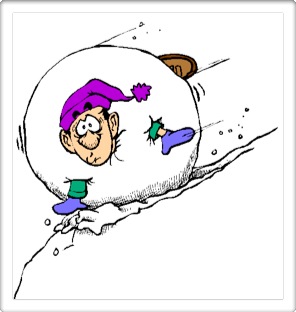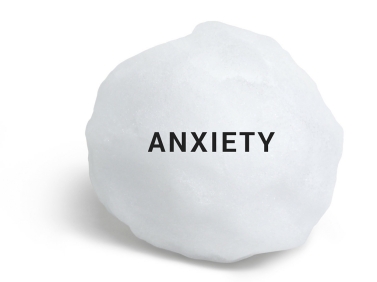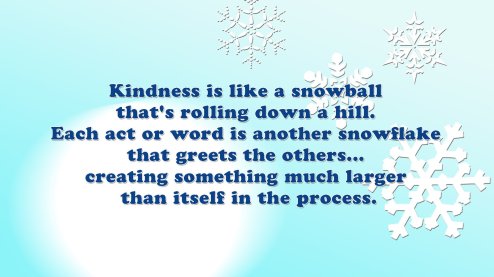 Sometimes you get a sense of something being up with peoples’ reactions to you, without knowing what or why. As a special needs parent you need to deal with a host of professionals along the way, going through assessment to diagnosis, getting your child’s educational needs met and potentially, ongoing health issues. For an autistic parent this can be a veritable minefield.
Sometimes you get a sense of something being up with peoples’ reactions to you, without knowing what or why. As a special needs parent you need to deal with a host of professionals along the way, going through assessment to diagnosis, getting your child’s educational needs met and potentially, ongoing health issues. For an autistic parent this can be a veritable minefield.
Parents want to work in partnership with professionals, they want their expertise on their child respected, they want to be listened to and respected as equals. You’d think professionals would be willing to offer this partnership working, it’s in the best interests of the child, as well as all concerned – isn’t it?
It may be when comments are made towards you, or you read a report stating that ‘mum’ is this, that or the other’ and you feel a burning sense of injustice and confusion. It may be that nothing is said or written up front, but you feel that things are more difficult than they should be, inexplicably. So you do a Subject Access Request to find out why.
A parent on the autistic spectrum won’t always communicate exactly the same as a typical parent might, despite their best efforts. There is a shocking lack of autism awareness out there among professionals, even those who who work with autistic children, have a bizarre lack of understanding of autistic parents. This means that the parent’s normal autistic traits are being misinterpreted and misrepresented.
So when terms like ‘anxious’ pop up unexpectedly on files, written by people who have never even met you, let-alone know you, it’s beyond frustrating. It’s actively damaging. Because those type of words are being used against parents, to criticise their parenting and in some cases, falsely accuse them. It can also have a direct effect on whether a child is diagnosed or not, supported or not. Because if mum is deemed “anxious”, she is imagining problems where there are none isn’t she. And it usually is mum who is labelled this way.
The harm caused by one professional starting the snowball, can be enormous. Professionals not only fail to question the accuracy of other professionals (especially if it suits their own agenda), but it can become like Chinese whispers where the original word gets added to and expanded, into an ever more exaggerated version.
An autistic parent may have some ‘cluttering‘ of speech, where they speak rapidly, or they may give a very detailed explanation of their belief or rationale for something. This is just a difference, not a problem or failing. The problem is, when there is autism ignorance resulting in a professional misjudging these traits as signs of “anxiety”. Especially when they are unqualified to do so. It’s so easy to write a word down, a value judgment or personal opinion on someone, recorded for posterity. But it is being done without any care of the potential consequences of doing so. And it’s impossible to get it removed once it’s there.
Parenting is judged at every turn, even without you having obviously failed in any way. You will be picked over simply by virtue of being engaged with a system you have no choice but to be, because of your special needs child. There is something about a clique of professionals when they get together, that becomes akin to the playground. Posher words of course, jargon thrown in there, but there is a communication style almost like a code, borne of the policies and procedures they follow. It seems to have morphed into an hive attitude, one that leaves them feeling superior to parents, as if they are the competent ones. Mums are just mums.
Misjudging autistic mothers as “anxious”, in fact any mothers, has it’s dark roots in misogyny, insane asylums for disobedient wives and neurotic, hysterical women attitudes of yore. And it’s an extremely convenient tactic for professionals who don’t like mothers persisting in having their children’s needs met.
So the snowball rolls. It grows. Until it becomes something every professional that has their finger in the pie, uses as fact, unquestioningly. It rolls off the tongue, we don’t want to label the child but we sure as hell will label the mother. Just because someone is different, that makes others assume and pass judgement. There is never any more dangerous judgement passed than when you are a parent. Because these days there is such a horrible culture among professionals of watching parents like a hawk, for fear they are abusers or neglecters of children. And an even more horrible one of labelling parents as an agenda for retribution.
And being labelled as having any sort of psychological issue is enough to have you accused of abuse, deemed a parenting risk. All on the say-so of a professional who has not assessed you for “anxiety”, or even being qualified to speculate that way, but chosen to term you as “anxious” nonetheless, because they simply regurgitate a label already wrongfully recorded.
The label or opinion may have started as simply “anxious”. It may have inexplicably grown to “highly anxious”. Or “anxious and depressed”. Or “anxious, depressed and not coping“. Or even worse, “anxious and projecting that anxiety onto the children causing emotional harm”, or that old chestnut MSBP/FII. No matter how ridiculous and untrue, these professionals are on a roll and won’t stop. Even the “anxiety” label itself, never mind the use of it by professionals, is a snowball. 
You can write requesting the records are amended, but they won’t. At best they will add your letter to the file and highlight it to say you disagree. But of course that just compounds the problem, because it looks like you are disagreeing because you are “anxious and unstable”. So your records are sullied and incorrect for eternity. And nobody will ever take you seriously again.
It would be so much nicer and better for everyone if these professionals took their negative value judgements and used that snowball in the opposite way instead.

The negative label snowball rolls on down the hill, even if it reaches level ground, it will continue in a circle endlessly and never fully stop growing. The sad thing is, that the snowball is an enormous barrier to your child getting their needs met. So when those professionals rolled the snowball, they failed your vulnerable children.
Do they do it to sidetrack families away from resources? Then they need to wake up. Because without early intervention, the children who the “anxious” mother seeks resources for, is going to cost the system more!

Because a rolling snowball doesn’t just catch up more snow, it catches up people ~ and those people are impacted, real lives are affected. And that’s on the heads of professionals. Is that a mark they want to leave on the world..?
 Most people are expert at something – even if it’s something negative! Autism diagnosticians such as psychologists and psychiatrists, are, purportedly, the experts in assessing and diagnosing children for autism.
Most people are expert at something – even if it’s something negative! Autism diagnosticians such as psychologists and psychiatrists, are, purportedly, the experts in assessing and diagnosing children for autism.
